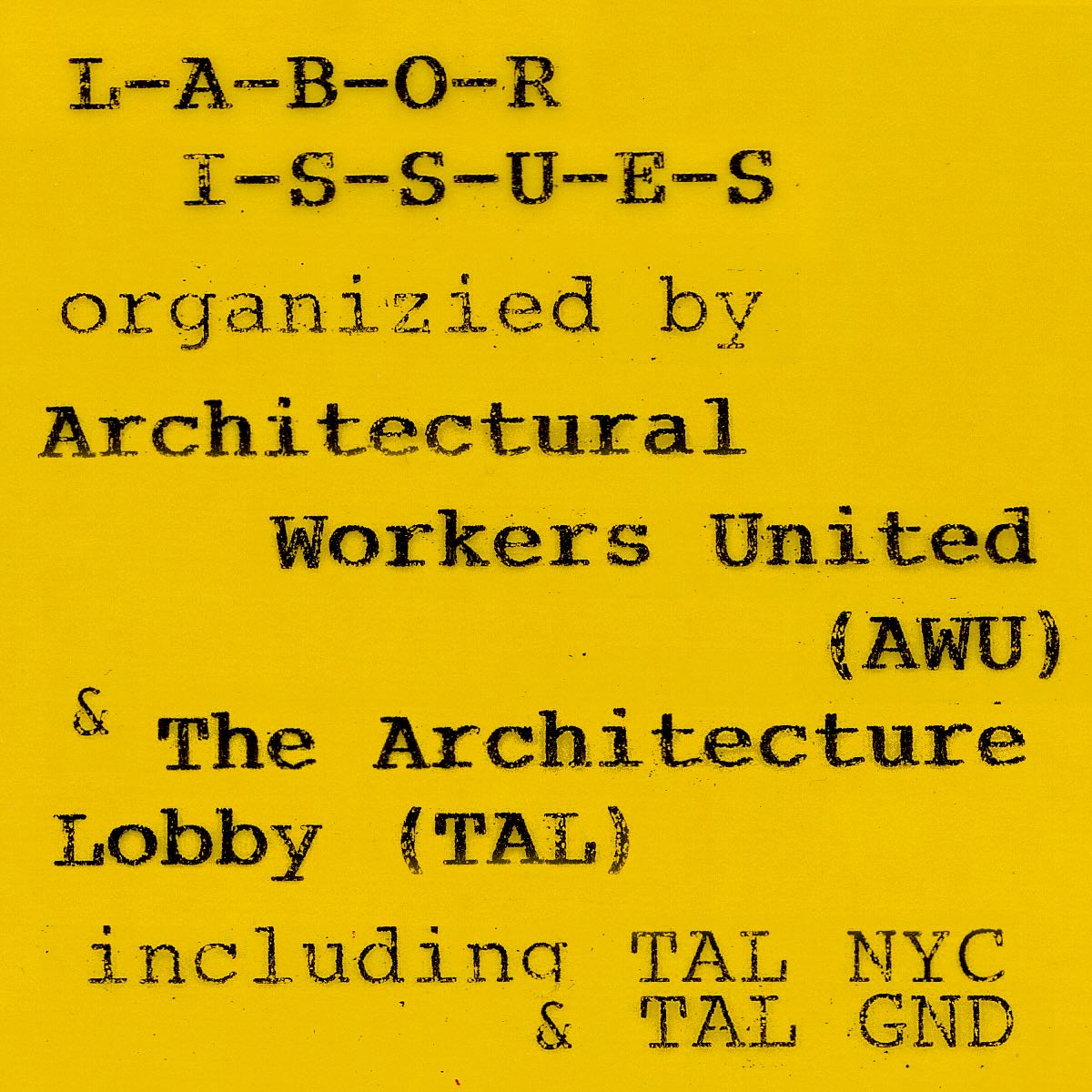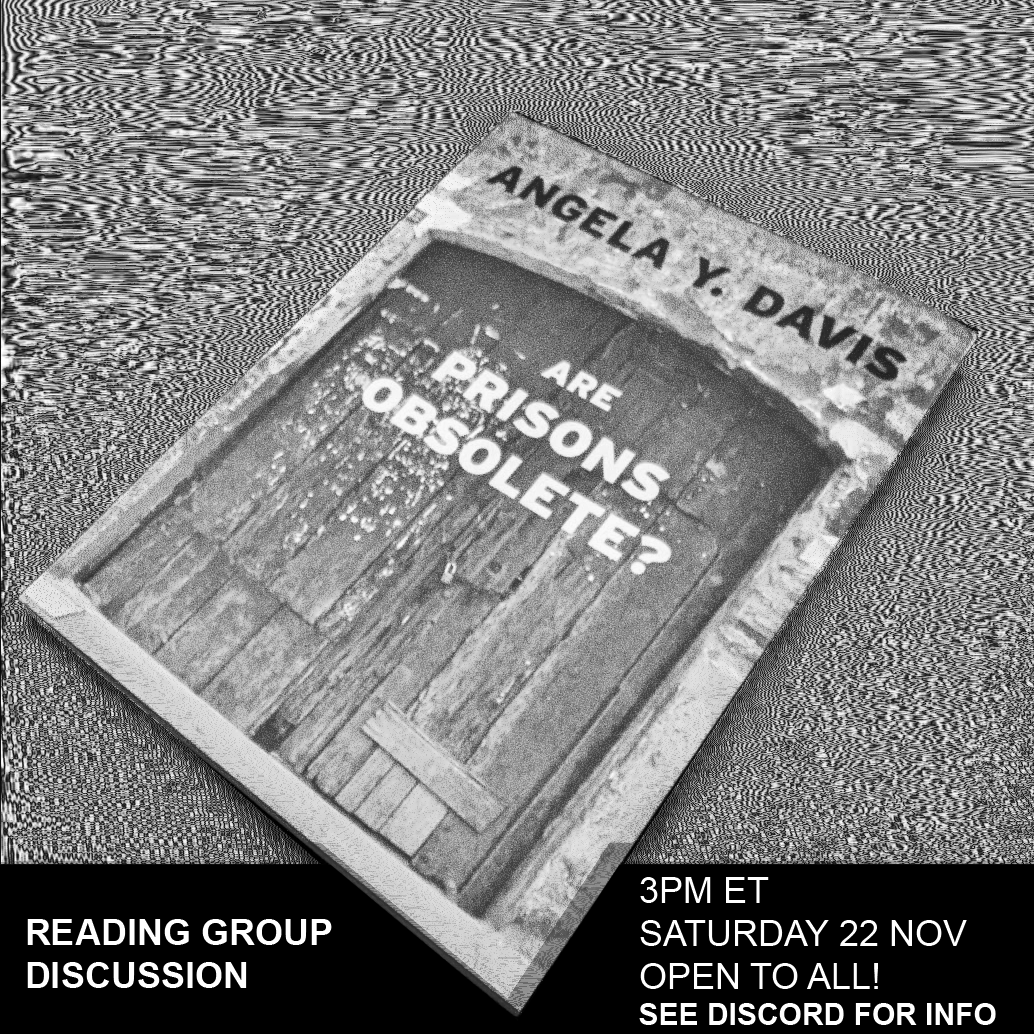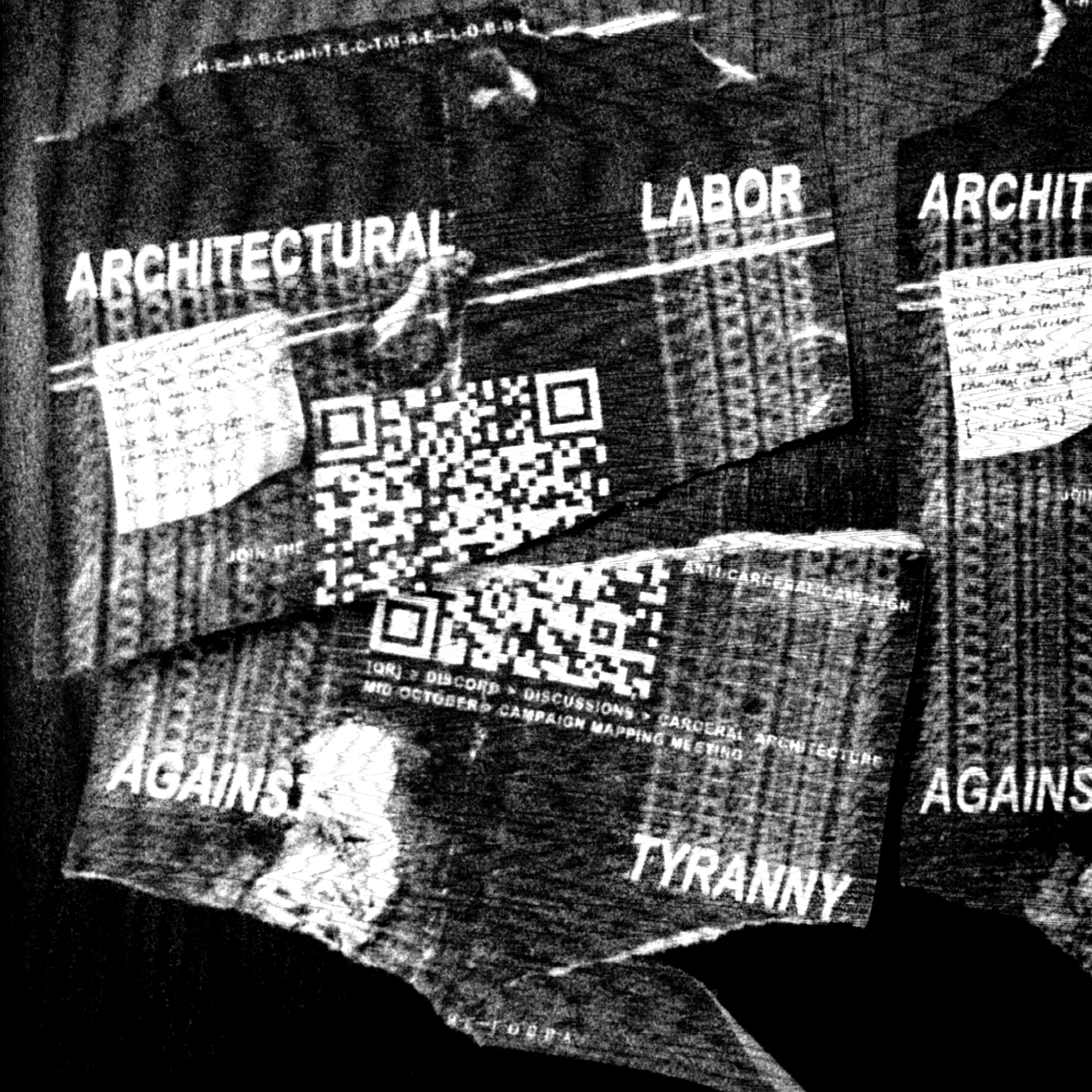Exploration of Architectures of Emergency, analyzing post Turkey-Syria earthquake processes, with emphasis on the Hatay Region.
This session critically examines emergency architectures designed in the face of environmental crises and the response of communities following devastating disasters, exemplified by Hatay’s response to the Turkey-Syria earthquakes. During the first part, we will delve into the declaration of emergencies outlined in precise protocols, shaped by global networks of experts striving to balance economic development and environmental concerns. Our discussion aims to reframe the concept of emergency by shifting focus from abstract norms to the lived experiences of disruptive events. In this context, in the second part, we will focus on Hatay province after the Turkey-Syria earthquake on 6 February 2023. Although Hatay was one of the cities most severely affected by the earthquake, it is worth examining the efforts of its citizens to reclaim the city and rebuild a future through the initiatives and platforms they established. On the other hand, the ‘reconstruction’ works and architectural/planning activities in the area need a critical lens on the ethical and social roles of architects. We will explore this tension between a normative human security framework, post-disaster regulations, and the efforts of society’s movements addressing social, environmental, and economic inequalities. Together, we’ll approach spatially the concept of ‘sentinel modes of care,’ which embraces an affective connection to the environment and the potential for catastrophe. By doing so, we aim to rethink emergency protocols and discuss alternative approaches to managing crises, and we will seek answers to questions about different architectural potentials to the capitalist production mechanism that sees disasters as an opportunity for financial gain.
Facilitators
Estefania Mompean Botias
Estefania Mompean Botias is an architect and urban planner who is currently pursuing her PhD at ALICE laboratory at EPFL (2021-2025). Her research explores the emergency conditions, studies their ambivalences, and examines the new connotations of the regulation that the Emergency States are acquiring identifing how architecture and urban studies respond to these situations.
Nihal Evirgen
Nihal Evirgen has been a Member of the Executive Board at the Chamber of Architects Ankara Branch since 2018. She earned her bachelor’s and master’s degrees from the Department of Architecture at the Middle East Technical University (METU). Her articles have been published in various journals, and she is currently pursuing a PhD at METU. “Architecture and ideology,” “urban politics,” “critical theory,” and “labor and class relations in architecture” are her fields of interest. She represents the Chamber of Architects of Turkey (CAT) as a congress delegate of the International Union of Architects (UIA).



